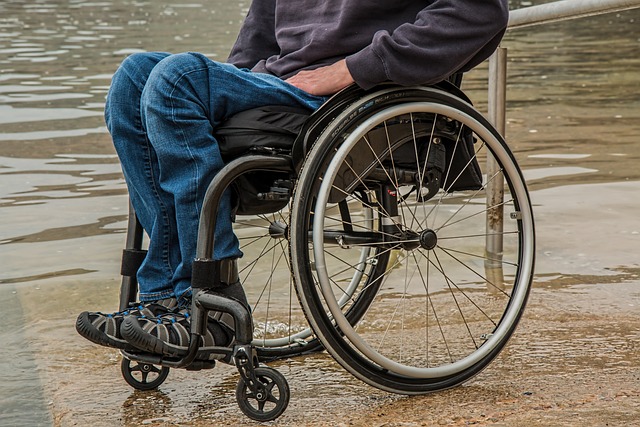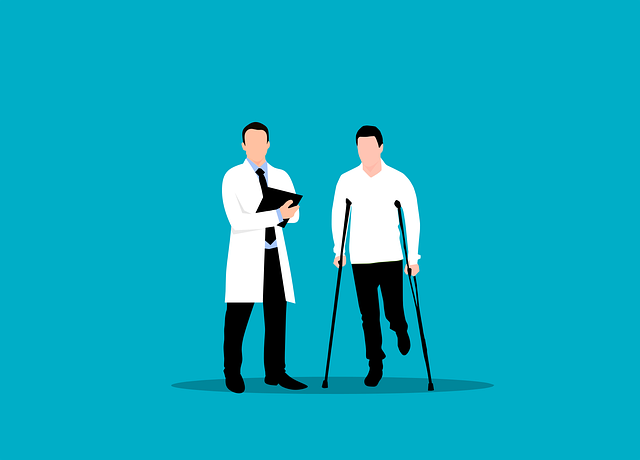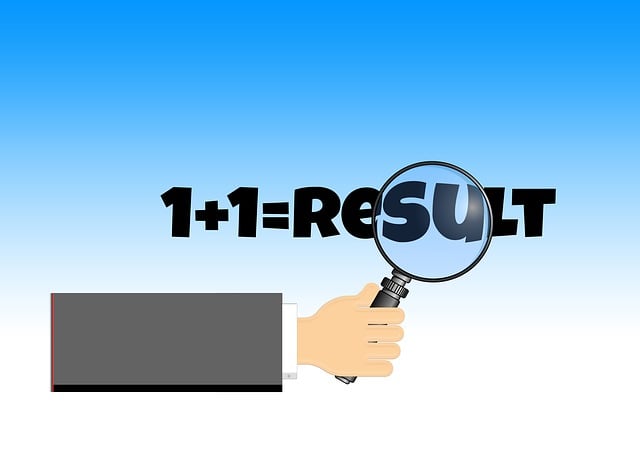Understanding mental health emergencies is key to effective recovery. Recognizing signs like mood swings, anxiety, or changes in appetite can prompt help-seeking. Mental health tracking apps offer a convenient way to monitor progress and triggers, empowering users to access crucial support. MHFA training equips individuals with skills to recognize and respond to crises, including using recovery support apps for continuous care. In the digital age, these apps provide holistic platforms for mood tracking, meditation, and personalized goals, fostering better mental health outcomes through ongoing guidance and engagement with care plans.
Mental health first aid training equips individuals with the skills to identify and assist during mental health emergencies. This article explores three key aspects of empowering clients: understanding mental health crises, the transformative impact of first aid training, and leveraging recovery support apps for enhanced care. By recognizing signs and symptoms, promoting early intervention, and integrating tracking tools like recovery support apps, we can foster better outcomes on the path to healing and recovery.
- Understanding Mental Health Emergencies: Signs and Symptoms to Spot
- The Role of Mental Health First Aid Training in Empowering Individuals
- Integrating Recovery Support Apps: Tracking Progress for Improved Care
Understanding Mental Health Emergencies: Signs and Symptoms to Spot

Understanding mental health emergencies is a crucial step in providing effective support. Recognizing signs and symptoms can be life-saving as it enables individuals to seek appropriate help promptly. Mental health issues manifest differently, but some common indicators include severe mood swings, persistent feelings of sadness or anxiety, excessive worry, and changes in appetite or sleep patterns. These may suggest underlying conditions such as depression, anxiety disorders, or even psychosis. Noticing these signs is the first step towards offering crucial recovery support.
With the aid of tracking apps for mental health, individuals can monitor their progress and identify triggers more effectively. These tools offer a convenient way to document mood, activities, and any distressing thoughts or behaviors. By understanding one’s baseline and patterns, users can better recognize when they’re experiencing an emergency. This proactive approach complements holistic wellness programs that focus on addiction recovery, prioritizing nutrition, exercise, and stress management for overall well-being.
The Role of Mental Health First Aid Training in Empowering Individuals

Mental Health First Aid (MHFA) training plays a pivotal role in empowering individuals to take charge of their mental well-being and that of others. Through interactive workshops and evidence-based curriculum, MHFA equips participants with the skills to recognize the signs of mental health crises, from subtle changes in mood and behavior to more severe symptoms. This knowledge allows individuals to provide immediate support and deescalate potentially dangerous situations, fostering a sense of security and empowerment.
By learning effective communication techniques and crisis intervention strategies, MHFA trainees become better equipped to navigate complex emotional scenarios. Moreover, understanding the importance of early intervention and recovery support, many training programs include guidance on utilizing digital tools like recovery support apps for tracking progress. This combination of practical skills and digital resources enables individuals to not only recognize emergency situations but also offer continuous care and support, ultimately contributing to improved mental health outcomes and enhanced resilience in both personal and professional settings.
Integrating Recovery Support Apps: Tracking Progress for Improved Care

In today’s digital age, recovery support apps have emerged as powerful tools to enhance mental health care. These innovative applications offer individuals a way to track their progress and manage their well-being holistically. By integrating various features such as mood tracking, meditation guides, and personalized goals, these apps provide users with a comprehensive platform to monitor their mental health journey. With real-time data on symptoms, activities, and overall progress, clients can gain valuable insights into what strategies work best for them.
This digital approach complements traditional recovery support services by offering ongoing guidance and encouragement throughout the recovery process. For instance, apps can alert users when they’ve been sedentary for extended periods, suggesting a walk or yoga session to promote physical activity—a key aspect of holistic wellness programs prioritizing nutrition, exercise, and stress management. Through such integrations, recovery support apps not only aid in tracking progress but also foster deeper engagement with personalized care plans, ultimately contributing to improved mental health outcomes.
Mental health first aid training equips individuals with the knowledge and skills to identify and address mental health crises effectively. By understanding common signs and symptoms, we can foster supportive environments that promote healing. Integrating recovery support apps further enhances care by enabling tracking of progress, personalizing support networks, and providing accessible resources. These tools collectively empower clients to take charge of their well-being and navigate the path to recovery with greater confidence and resilience.






